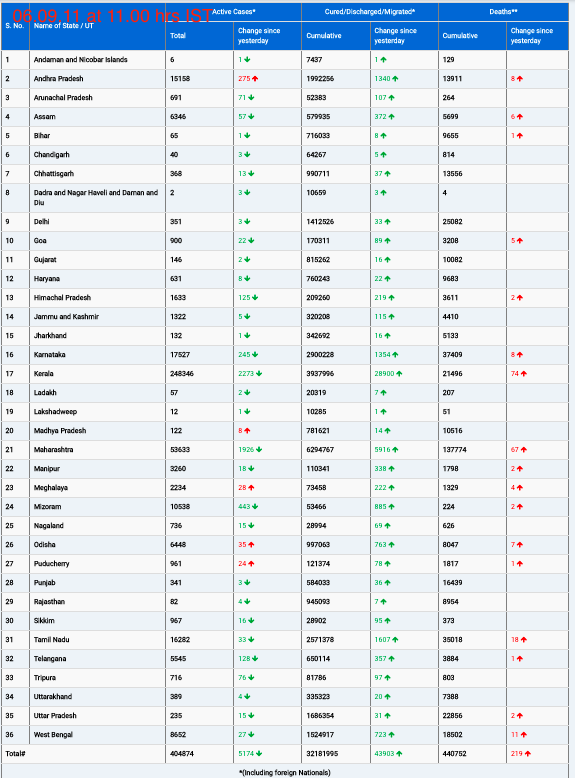In a groundbreaking shift, medical professionals are increasingly recognizing the therapeutic potential of nature in addressing mental health conditions and recalibrating our sense of time. Recent research suggests that spending time in green environments, such as parks, gardens, and woodland trails, could have profound effects on brain health and overall well-being, prompting discussions about prescribing “nature time” as part of daily healthcare routines.
The acknowledgment of nature’s healing capabilities has gained global traction, with initiatives like the British government’s allocation of over £5 million towards pandemic recovery efforts involving green spaces. Further investments have been made in expansive social prescribing programs, connecting patients with activities like group walking and community gardening. Similar initiatives are underway in countries like Japan, where “forest bathing” has been adopted as a national health strategy.
Dr. William Bird, a UK-based general practitioner and advocate for green prescriptions, emphasizes the intrinsic connection between humans and nature. He points out that exposure to natural environments leads to a drop in stress hormones, improved nerve function, and heightened receptivity to social interactions.
Moreover, research suggests that time spent in green spaces can alter our perception of time itself. Dr. Ricardo A. Correia, a biologist at the University of Helsinki, highlights evidence indicating that urban environments often induce a sense of time scarcity, while natural settings promote mindfulness and present-focused awareness. By breaking the cycle of fast-paced lifestyles through increased exposure to nature, individuals may experience reduced stress and better mental health outcomes.
Studies examining the impact of nature on the brain reveal compelling findings. Adolescents raised in rural environments exhibit enhanced cognitive abilities, while adults show decreased activity in brain regions associated with stress after spending time in forests. Longitudinal studies further underscore the link between proximity to green spaces and lower rates of anxiety and depression.
Dr. Bird emphasizes the importance of evidence-based practice in integrating green prescriptions into healthcare. While attitudes among general practitioners are evolving, he stresses the need for patients to understand the scientific basis behind nature-based interventions. Tailoring recommendations to individual preferences and needs is key to ensuring the effectiveness of such interventions.
As the medical community continues to explore the therapeutic potential of nature, green prescriptions could emerge as a mainstream approach for addressing mental health conditions resistant to conventional treatments. By embracing nature as medicine, healthcare providers hope to harness its restorative power for the benefit of patients worldwide.












